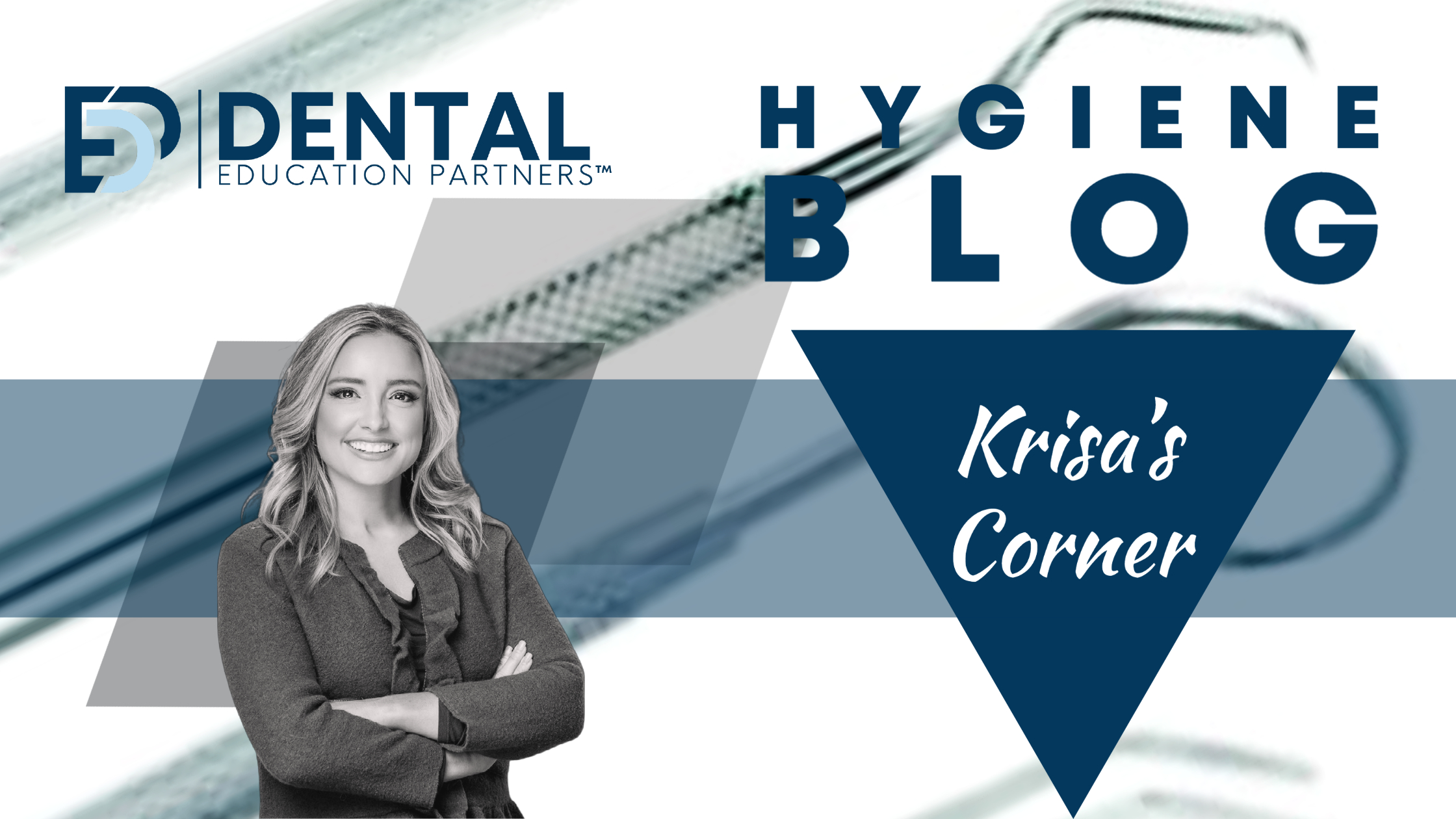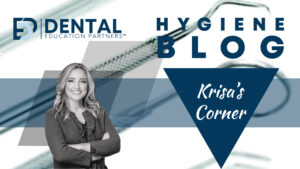There are plenty of valid reasons why you should never skip your dental hygiene appointments, but it can be challenging to persuade patients to come back every six months. I’ve found that building value involves creating a secure and welcoming environment. It’s also very effective to involve your patients in the assessments. Taking them along on the journey to optimal health through education is key. When it comes to dental hygiene appointments, most patients focus on the immediate benefits: a clean smile, fresh breath, and a quick check-up. However, to ensure that patients fully understand the value of regular dental visits, it’s important to engage with them and explore the broader benefits of ongoing care. By building value in each appointment and clearly communicating the importance of regular visits, dental professionals can encourage a proactive approach to oral health that benefits both patients and their practices.
1. Emphasize the Importance of Prevention
Preventive care is the cornerstone of good dental health and the key to avoiding costly and complex procedures down the road. During routine dental hygiene appointments, focus on educating patients about how regular cleanings, exams, and fluoride treatments help prevent major dental issues such as cavities, gum disease, and even cancer.
Tip: Use visual aids like charts, intraoral images, disclosing solution, or scans to show how plaque buildup leads to decay and gum disease, and explain how regular cleanings prevent these problems. This makes the benefits of routine care more tangible and easier for patients to understand.
2. Highlight the Long-Term Health Benefits
Many patients are unaware of the systemic health benefits associated with good oral hygiene. Emphasize that maintaining healthy teeth and gums is linked to overall health, including reduced risk of cardiovascular disease, diabetes, low birth weight and pre-term babies and respiratory issues.
Example: Share recent studies or statistics that illustrate how gum disease can impact heart health. Explain that by maintaining oral health through regular visits, patients are not only preserving their smile but also potentially reducing their risk of serious health conditions.
3. Personalize the Appointment Experience
Tailor each dental hygiene appointment to address individual patient needs and concerns. Take the time to discuss their specific oral health issues, whether it’s a tendency toward cavities, gum sensitivity, or periodontal disease. By personalizing the care plan, patients see the direct relevance of each visit to their own health.
Example: If a patient has a history of gum disease, use their past records to show how regular cleanings have helped improve their condition. This personalized approach reinforces the value of routine visits and shows that their care is tailored to their needs.
4. Discuss the Financial Benefits of Routine Care
One of the most compelling reasons for regular dental visits is the cost-saving aspect. Explain to patients that routine care is a wise investment that helps avoid more expensive treatments in the future. Not coming regularly will result in being unprepared for an emergency. Highlight how preventive measures are generally far less costly compared to addressing advanced dental issues that arise from neglect. This goes for the provider as well. Supervised neglect can be just as detrimental to one’s oral health.
Comparison: Illustrate with examples how a $200 cleaning appointment is much less expensive than a $2,000 root canal or crown. By showing the financial advantages of staying on top of routine care, patients can better appreciate the value of regular visits.
5. Educate About the Impact of Lifestyle Choices
Routine dental visits offer an opportunity to educate patients about the impact of their lifestyle choices on oral health. Discuss how diet, smoking, and inadequate home care can affect their teeth and gums, and provide actionable advice on how to make healthier choices.
Action Plan: Provide personalized tips and recommendations during the appointment. For instance, if a patient frequently consumes sugary drinks, offer guidance on how to reduce their intake and suggest healthier alternatives or additional products. This proactive education helps patients understand the broader implications of their daily habits and reinforces the importance of ongoing care.
6. Foster a Positive and Supportive Environment
Creating a positive atmosphere during appointments helps patients feel more comfortable and valued. A friendly, supportive approach can make patients more receptive to discussing their oral health and the need for routine care.
Approach: Use encouraging language and celebrate small successes, like improvements in oral health or consistent home care. This positive reinforcement helps patients feel more engaged and motivated to maintain their routine visits.
7. Offer Convenient Scheduling and Reminders
Make it easy for patients to schedule and keep their appointments by offering flexible scheduling options and automated reminders. This helps reduce missed appointments and reinforces the importance of regular visits as part of their routine.
Implementation: Use digital tools to send appointment reminders via text or email, and offer online scheduling options for added convenience.
8. Build a Relationship of Trust
Trust plays a crucial role in patient adherence to recommended care. Building a strong relationship through open communication and genuine care helps patients feel more confident in the recommendations provided.
Strategy: Take time to listen to patients’ concerns and answer their questions thoroughly. Acknowledging their input and addressing their needs builds trust and reinforces the value of the dental care you provide.
Building value within the dental hygiene appointment involves more than just performing cleanings and check-ups; it requires effective communication and education about the benefits of routine care. By emphasizing the importance of prevention, personalizing care, discussing financial benefits, and fostering a supportive environment, dental professionals can help patients understand why maintaining regular visits is essential. Ultimately, this approach leads to better patient outcomes, improved oral health, and a more successful dental practice.


